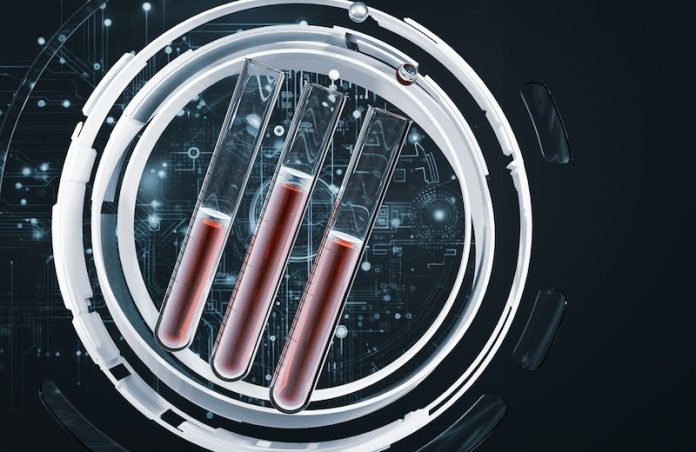
Pancreatic cancer is one of the deadliest forms of cancer, largely because it is often diagnosed too late. Symptoms are typically vague or nonexistent until the disease has progressed, making early detection critical for improving survival rates.
Researchers at The Ohio State University Comprehensive Cancer Center (OSUCCC—James) are using artificial intelligence (AI) to detect pancreatic cancer earlier, even in its precancerous stages, and to better predict how aggressive it might become.
One of the key challenges in diagnosing pancreatic cancer is identifying which patients are at high risk. Roughly 25% of pancreatic cancers start as cysts, but not all cysts will progress to cancer.
For now, many patients undergo major surgeries to remove these cysts, even though studies show that about half of them likely didn’t need to. Surgery can be especially risky for older adults, who often have other health conditions that make recovery difficult.
A “Virtual Biopsy” with AI
To address these challenges, researchers led by Dr. Somashekar Krishna, a gastroenterologist at OSUCCC—James, are combining advanced imaging techniques with AI.
Using a procedure called endoscopic ultrasound, mini probe-based laser optical cameras can provide a detailed view of the pancreas, including the walls of cysts. This technique essentially performs a “virtual biopsy” without the need for invasive tissue removal.
However, analyzing the images captured by this technology is a complex and time-consuming task. It involves reviewing hundreds or thousands of video frames to identify subtle signs that indicate whether a cyst is likely to become cancerous.
Dr. Krishna compares this to trying to count black, white, and blue cars in a video of cars speeding by at 100 mph—it’s nearly impossible for a human to do efficiently.
To overcome this, Krishna and computer scientist Dr. Harry Chao are developing an AI algorithm to quickly and accurately analyze these video images.
The AI can identify key characteristics of potentially cancerous cysts in seconds, making diagnosis faster and more precise.
Reducing Risks and Improving Outcomes
The use of AI not only speeds up the diagnostic process but also offers significant benefits for patients. By better identifying which cysts are likely to progress into cancer, many patients can avoid unnecessary surgeries.
Invasive surgeries to remove pancreatic cysts carry risks like infection, digestive problems, or even the onset of diabetes due to organ removal.
AI could save lives by ensuring timely treatment for those at high risk while reducing unnecessary surgical interventions for low-risk patients.
It could also lower healthcare costs and improve quality of life for patients by minimizing the side effects of traditional treatment options.
A Less Invasive Alternative
For patients with early-stage pancreatic cancer or precancerous cysts, Dr. Krishna has pioneered a minimally invasive treatment called radiofrequency ablation. This procedure uses targeted heat to eliminate abnormal tissue in the pancreas without removing the organ itself.
Unlike the traditional Whipple procedure—a major surgery that involves removing multiple organs and requires a long recovery—this new approach preserves the pancreas and other vital structures.
While the Whipple procedure is still necessary for advanced pancreatic cancer, the less invasive option provides an alternative for those who might not be able to tolerate major surgery due to age or other health concerns.
The Road Ahead
This combination of AI and minimally invasive treatment is a promising step forward in managing pancreatic cancer. With further development, AI could become a standard tool for identifying high-risk pancreatic cysts and tracking changes over time.
By focusing on early detection and innovative treatments, researchers like Dr. Krishna hope to improve survival rates and offer less burdensome options for patients facing this challenging disease.
The ongoing advancements in AI and medical technology bring new hope for tackling one of the most difficult cancers to detect and treat.
If you care about cancer, please read studies that a low-carb diet could increase overall cancer risk, and vitamin D supplements could strongly reduce cancer death.
For more information about health, please see recent studies about how drinking milk affects the risks of heart disease and cancer and results showing higher intake of dairy foods linked to higher prostate cancer risk.
Copyright © 2024 Knowridge Science Report. All rights reserved.



